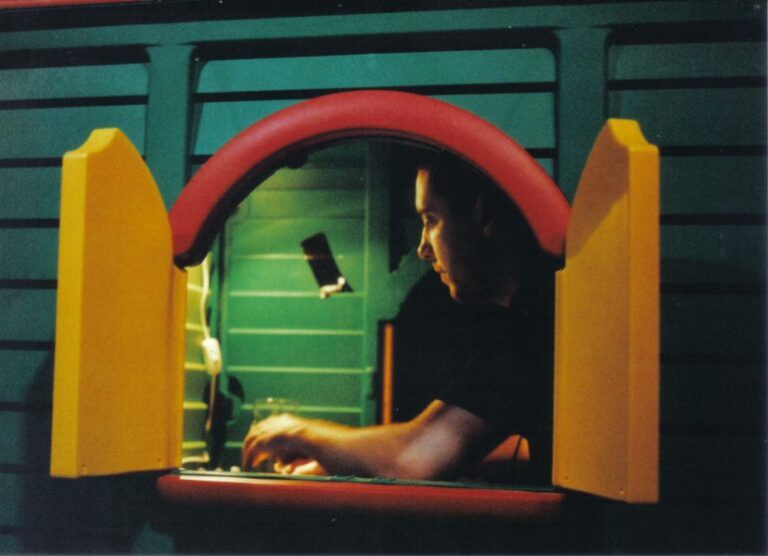What Rejection Means to Me
It took me awhile to understand that when a journal rejects your poem or short story, it isn’t an indictment of your character or a judgment of your ability as a writer; all they’re saying, really, is: “not this piece at this time.” I’ve never been one to take rejection personally, and I never thought that one rejection (or one dozen, or one hundred) might mean it was time to throw in the towel, but I can’t say it’s never gotten me down. Everyone knows rejection sucks.
We’ve all been there: you get home one evening to find three rejections waiting in your mailbox (do they coordinate these?). One is from a journal you pretty much wrote off four months ago, as they’d had your ms for a year at that point. The envelope looks like it’s been through a war zone, and when you finally get that envelope—somehow simultaneously soggy and burnt—off the note inside (the envelope’s adhesive strip is stuck to it), you’re greeted with a third of a slip of paper that more or less reads: “No, thanks.” You might get a half-apologetic “We regret the use of this form” or “the volume of submissions precludes a more personal reply” if you’re lucky.
The second rejection is more promising. A reasonably legible note says something encouraging about one of your poems and asks you to submit again. Victory! You make a note to send this poem out to more places. You make a note to submit new work to this journal in the future.
Finally, the third envelope contains nothing at all. You assume they meant to send you a rejection and make a note of this.
Of course, when you’re finished going through your paper mail, you boot up your laptop and check your e-mail. Your inbox contains two additional rejections: one that was sent by a robot 14 hours after you submitted, and one that was sent by a human telling you that your work received careful consideration and that he/she/they hope your work finds a home elsewhere.
As Thomas Lee mentions in his post on rejection, this business is one of the few in which we celebrate our near-victories. After reading the entire rejection letter (personalized or not), I tack it up on my Wall of Thanks for Playing (also occasionally called, during wild fits of optimism, the Wall of Future Fame). The picture in this post is of that wall. It contains rejections from journals both well-known and obscure, ones at which I later had work accepted and some I’m still trying to crack, rejections running the gamut from a single sentence addressed to “Dear Writer” to a handwritten paragraph mentioning what worked, what didn’t, and that I should please send more work when ready.
What else to do? I read the note, I put it up, I make a note of it, and I send out more poems. Sometimes if it’s a personalized rejection from a well-known journal, I celebrate a little—maybe go out to dinner or buy myself a new book. But I don’t spend time on the form rejections, and thankfully, I’ve never received a really mean personalized rejection (dear editors: this is not a challenge!). Life’s just too short.
Once in awhile I’ll get hung up on a rejection, usually because I thought one of the poems was a really good fit for that particular journal. When that happens, I have to remind myself of my own experiences as a poetry editor for Washington Square Review. Sometimes a poem’s almost there, but not quite; sometimes I already have a couple of poems about bees; sometimes I like the poem but the other editors don’t, and each of us has to compromise from time to time such that we all have an equal opportunity to include the best work we can find and to shape the editorial vision of the journal. It certainly doesn’t mean the poet is bad and may not even mean the poem is bad; it just means that we can’t offer space in the current issue.
Ultimately, rejection means one thing: you sent your work out, and frankly, that’s something you should be proud of. I’m proud of my rejections in a way that I wasn’t when I first started writing, and I’m thankful that I’m doing work in a field that permits me to celebrate my personalized failures almost as much as my successes. The next time you open an envelope or an e-mail and are greeted with “We regret,” remember: you’re getting this letter because you put yourself out there. Read it, think about it, and put yourself out there again.


